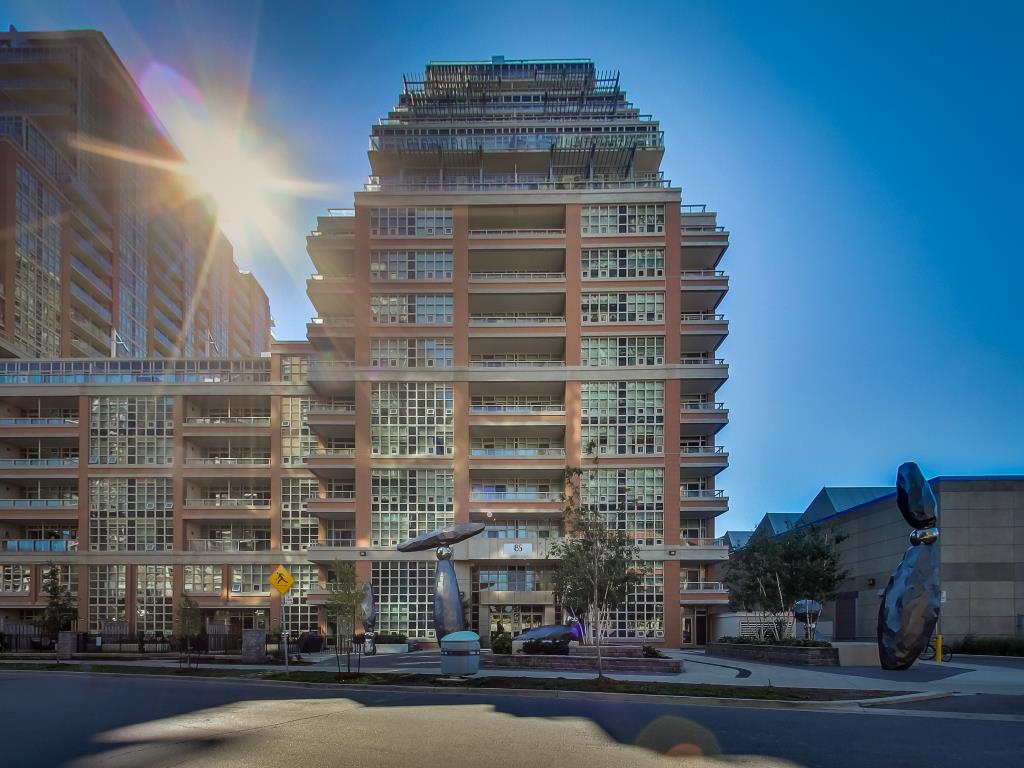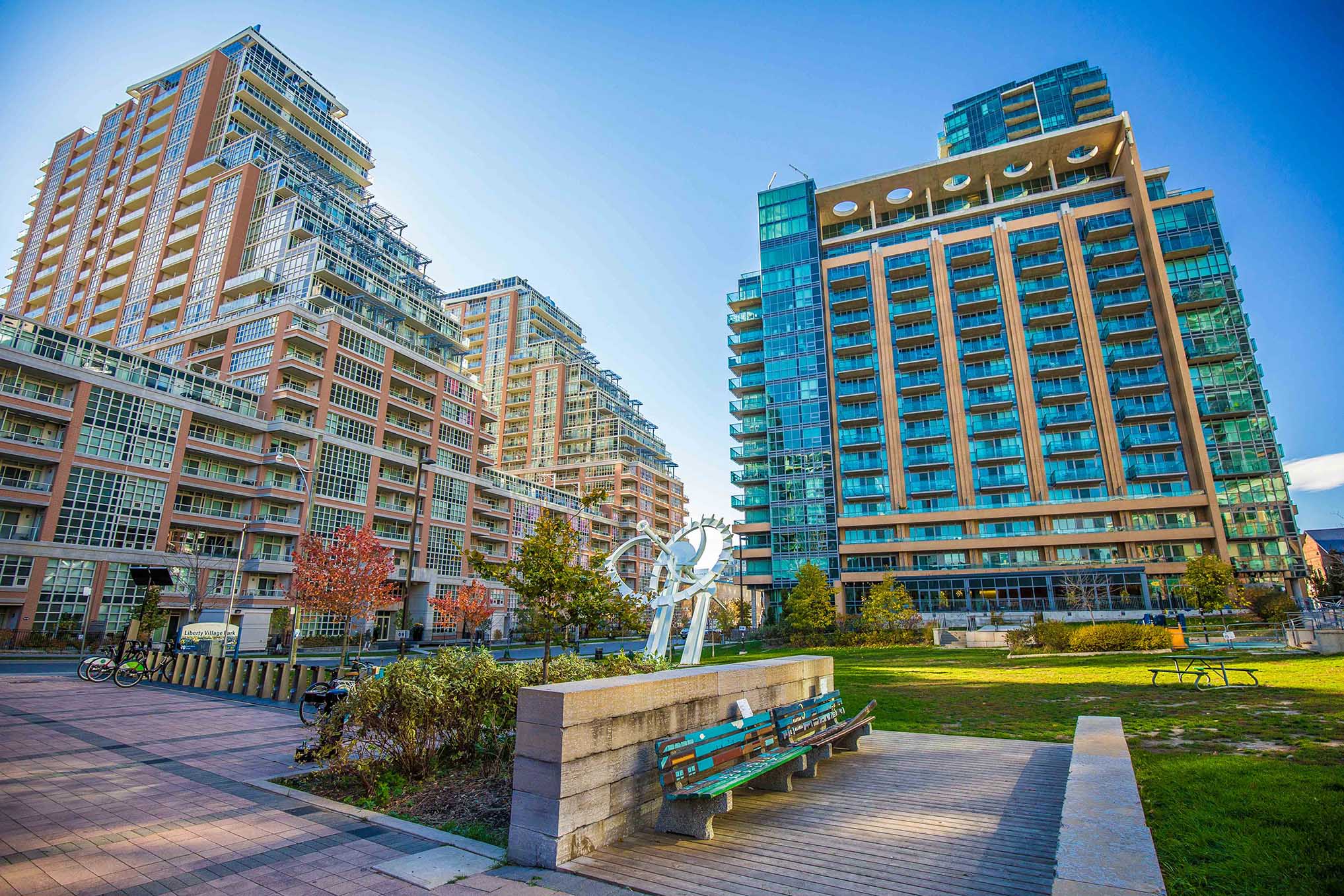
What is a Condo Status Certificate?
A condo status certificate is a critical piece of the puzzle when buying or selling a resale condo. Similar to a home inspection, a condo status certificate will provide an in-depth overview of a condo building’s management policies, financial statements, the general health of the building as well as any particulars for the individual condo unit. Many offers on condos are conditional upon reviewing the status certificate, so we wanted to dedicate some time to explain why this condition is so important when it comes to buying a condo in Toronto.
What Does the Status Certificate Cover?
Or, what we should say is, what doesn’t it cover? Reviewing a condo’s status certificate is like looking at health records and credit score, all combined into one long document. The details it covers range from the names and addresses of the condo’s Board of Directors to the condo’s rules on pets and everything in between.
If you’re buying a resale condo, reviewing the financial statements of the condo building with your lawyer and realtor should be your first priority. There is a lot of legal jargon in the status certificate, so ensure you have your real estate lawyer read it through and look for any red flags.

What to Look for When Reviewing a Status Certificate
Pay special attention to the condo’s reserve fund when buying a condo. All buildings are required to have a reserve fund as per the Condominium Act which acts as an emergency savings account for unexpected repairs and maintenance.
A reserve fund study is commissioned every three years to determine what foreseeable repairs are needed, how much of the reserve fund will be used to cover them, and the projected timeline to complete them. If the reserve fund is low, this could mean an increase in condo fees is in the near future.
The status certificate will provide you with the condo’s financial statements so you can see how well your condo building is being managed financially. It will outline the building’s insurance policies, if there are any special assessments taking place, how many units are owner-occupied versus leased, and if the condo is involved in any lawsuits.

Condo Rules and Regulations
The status certificate also includes the condo’s declaration. This outlines the general rules and policies of the condo building, its common spaces and amenities. This section can help determine if the general operations of the condo suit your lifestyle. For instance, is the building pet-friendly building? Is the building a smoke-free building? Will they allow you to BBQ on your balcony or rent your unit on Airbnb when you’re out of town? These are definitely questions you’ll want to be answered so you don’t get stuck in a place that doesn’t suit the condo lifestyle you’re after.
How Much Does a Condo Status Certificate Cost?
A status certificate is typically provided by the seller of the condo and costs about $100. The seller can request it from the condo board or through a variety of websites that have a database of updated status certificates. A prospective buyer must be provided with the status certificate within 10 days of requesting it. Once received, the buyer and their lawyer will usually have one to three days to review the status, depending on how the condition was written in the offer. While a status certificate is almost always requested with every offer, 99% of the time the condo status certificate is approved by the lawyer and the condition is waived to proceed with the sale of the condo.
Just like a home inspection can reveal any hidden issues within a house, reviewing a condo’s status certificate is the best policy to ensure you’re not locked into an expensive purchase only to find out there are numerous repairs needed that the reserve fund cannot cover. Protect yourself and always, always insist on reviewing the condo certificate with any offer.

TRB Education Hub
Get the real estate resources you need to succeed. Visit our education hub for market insights, guides, podcasts and more.




